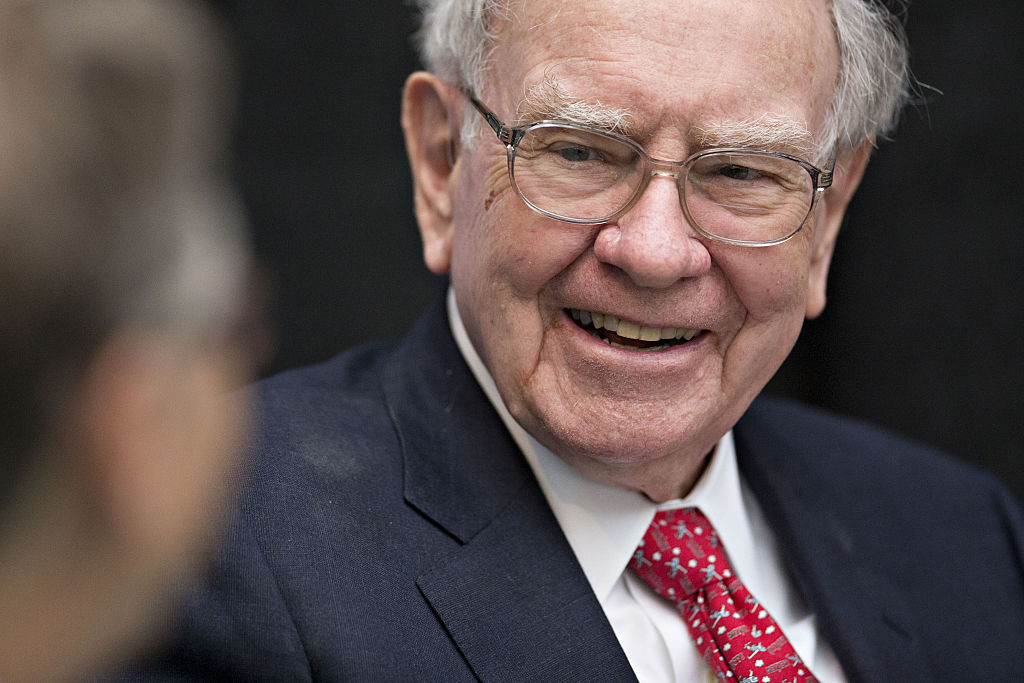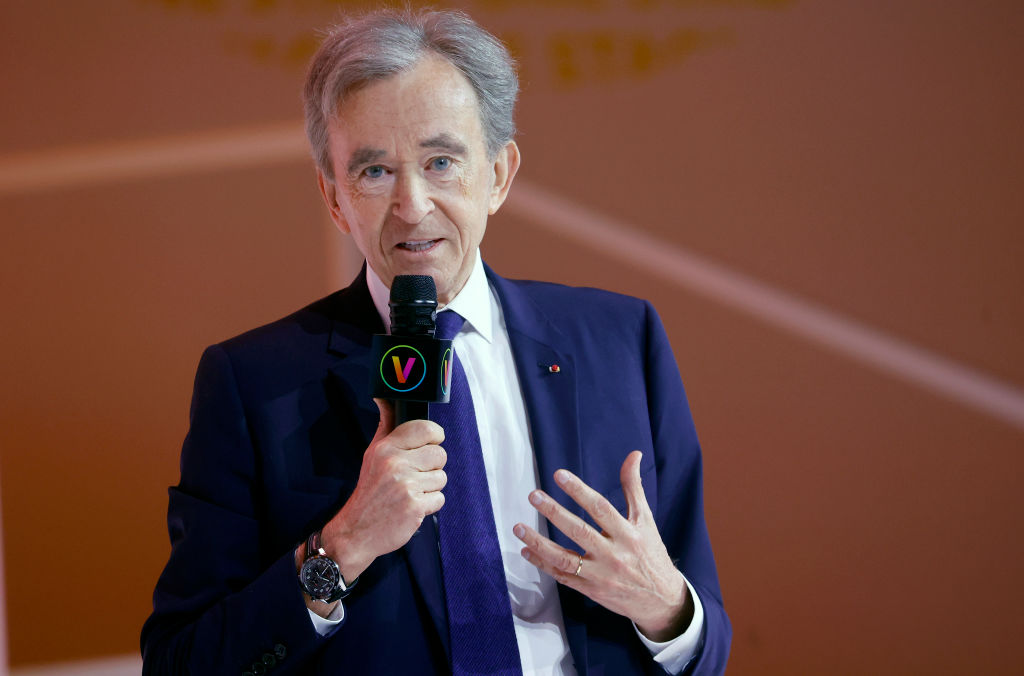Paul Samuelson: the world’s greatest investors
Paul Samuelson was one of the key people involved in the development of the efficient market hypothesis.

Get the latest financial news, insights and expert analysis from our award-winning MoneyWeek team, to help you understand what really matters when it comes to your finances.
You are now subscribed
Your newsletter sign-up was successful
Want to add more newsletters?

Born in 1915, Paul Samuelson got his degree in economics from the University of Chicago, followed by a PhD in economics from Harvard in 1941. He worked at the Massachusetts Institute of Technology from 1940 onward, becoming a full professor in 1947. He went on to win the Nobel Prize for Economics in 1970, while his introductory economics textbook, first written in 1948, has gone through 19 editions. Samuelson would play a key role in founding Commodities Corporation in 1969. He died in 2009 at the age of 94.
What was his strategy?
Publicly Samuelson was one of the key people involved in the development of the efficient market hypothesis, which argued that markets reflected all publicly known information, which means that it's impossible for fund managers to beat the market. He therefore suggested that someone should set up a low-cost fund that just tracked the market instead. Commodities Corporation, which was set up by Helmut Weymar, hired top computer scientists and traders to discover patterns in the market, which they would then exploit.
Did it work?
Samuelson's 1974 article about indexing, "Challenge to Judgement", persuaded Jack Bogle to set up the first retail index fund two years later. Thanks to Samuelson and Bogle, a third of all mutual fund money is now managed passively. Commodities Corporation rose in value by more than 100 times in its first 20 years. It was acquired by Goldman Sachs in 1997.
Try 6 free issues of MoneyWeek today
Get unparalleled financial insight, analysis and expert opinion you can profit from.

Sign up to Money Morning
Don't miss the latest investment and personal finances news, market analysis, plus money-saving tips with our free twice-daily newsletter
Don't miss the latest investment and personal finances news, market analysis, plus money-saving tips with our free twice-daily newsletter
What was his best trade?
At the same time as he put $125,000 into Commodities Corp., Samuelson invested a lot of money in Warren Buffett's Berkshire Hathaway. This proved to be a good investment since between 1970 and 2009 each $1,000 invested in its stock would have become $2.12m, an annual return of more than 20%. As a result, Samuelson made more money from investing than he did from his writing or his work as an economist.
What lessons does he have for investors?
Samuelson's public support of indexing contradicts his more private support of hedge funds and active management. But what this contradiction points to is that not even the strongest supporters of the efficient market hypothesis are fully convinced that it always quite works like that in the real world that it is at times possible to beat the market. This suggests that, even if you haven't got the time to trade or pick stocks yourself, you can still do well if you find someone who can.
Get the latest financial news, insights and expert analysis from our award-winning MoneyWeek team, to help you understand what really matters when it comes to your finances.

-
 Review: Pierre & Vacances – affordable luxury in iconic Flaine
Review: Pierre & Vacances – affordable luxury in iconic FlaineSnow-sure and steeped in rich architectural heritage, Flaine is a unique ski resort which offers something for all of the family.
-
 Could you get cheaper loans under ‘significant’ FCA credit proposals?
Could you get cheaper loans under ‘significant’ FCA credit proposals?The Financial Conduct Authority has launched a consultation which could lead to better access to credit for consumers and increase competition across the market, according to experts.
-
 The Stella Show is still on the road – can Stella Li keep it that way?
The Stella Show is still on the road – can Stella Li keep it that way?Stella Li is the globe-trotting ambassador for Chinese electric-car company BYD, which has grown into a world leader. Can she keep the motor running?
-
 Investing in the energy sector – is the reward worth the risks?
Investing in the energy sector – is the reward worth the risks?The energy sector used to offer predictable returns, but now you need to tread carefully. Is the risk worth it?
-
 How to beat Warren Buffett – and the fund and trusts that have managed it
How to beat Warren Buffett – and the fund and trusts that have managed itWarren Buffett has achieved stellar returns for investors over a long and illustrious career. Can you rival his investment performance?
-
 Fractional shares: what are they and why HMRC is worried?
Fractional shares: what are they and why HMRC is worried?Investors who have flocked to investment apps offering fractional shares in an Isa could lose the tax-free status of their portfolios.
-
 8 ways to profit from Japan’s recovery
8 ways to profit from Japan’s recoveryCorporate reform, normalising monetary policy and cheap valuations make Japanese equities a top long-term bet, says Alex Rankine.
-
 What is Bernard Arnault's net worth?
What is Bernard Arnault's net worth?We look into Bernard Arnault's net worth – how did he make his billions?
-
 Diagnosing cancer more deftly will pay dividends
Diagnosing cancer more deftly will pay dividendsGiven that 50% of Britons will develop cancer during their lifetimes, we need to get better at detecting it, says Matthew Partridge. These firms are leading the technological charge.
-
 Power your portfolio with the profits of China’s electric-vehicle makers
Power your portfolio with the profits of China’s electric-vehicle makersOpinion A professional investor tells us where he’d put his money. This week: Ewan Markson-Brown of the CRUX Asia ex-Japan Fund highlights three favourites.